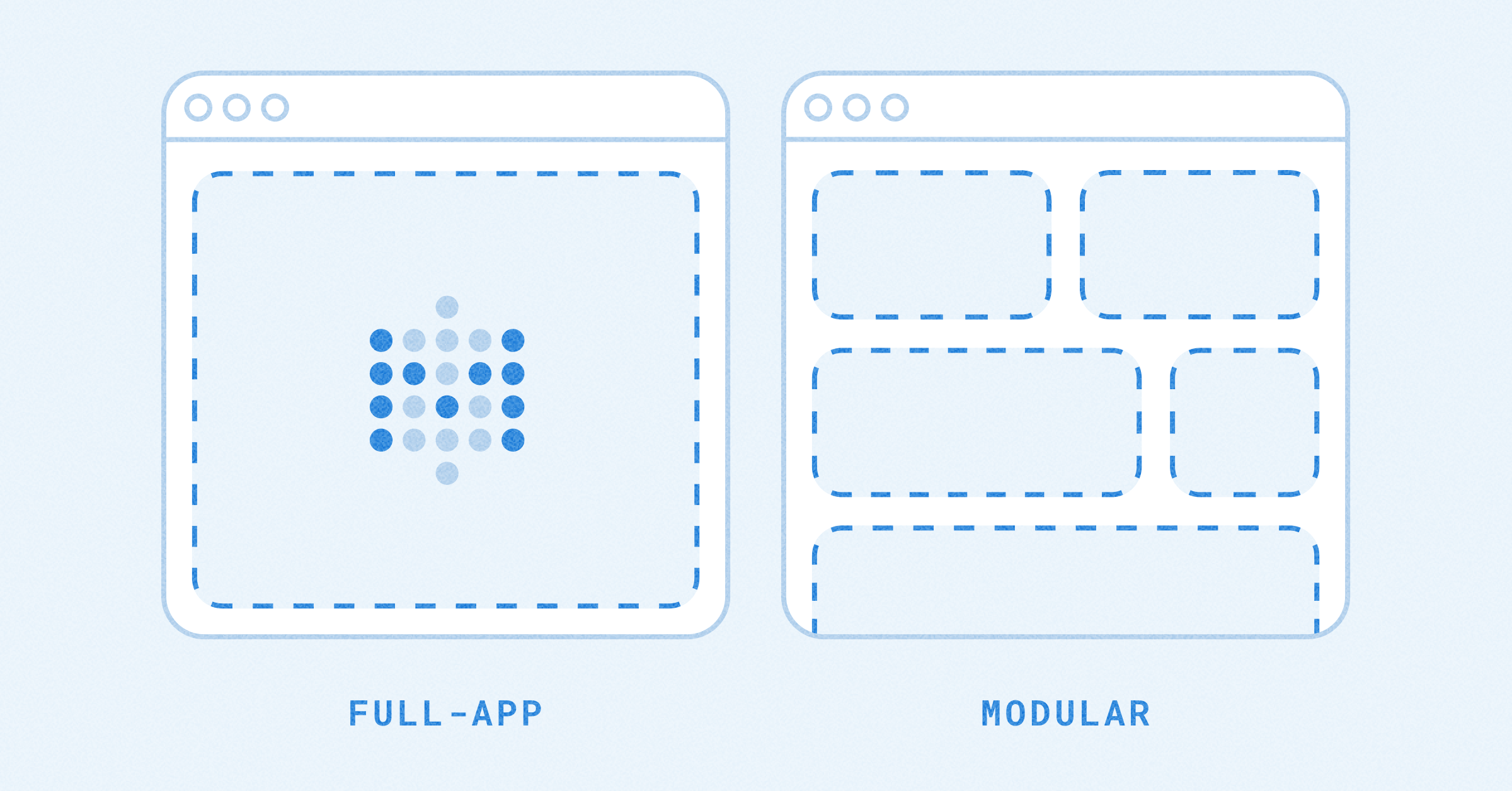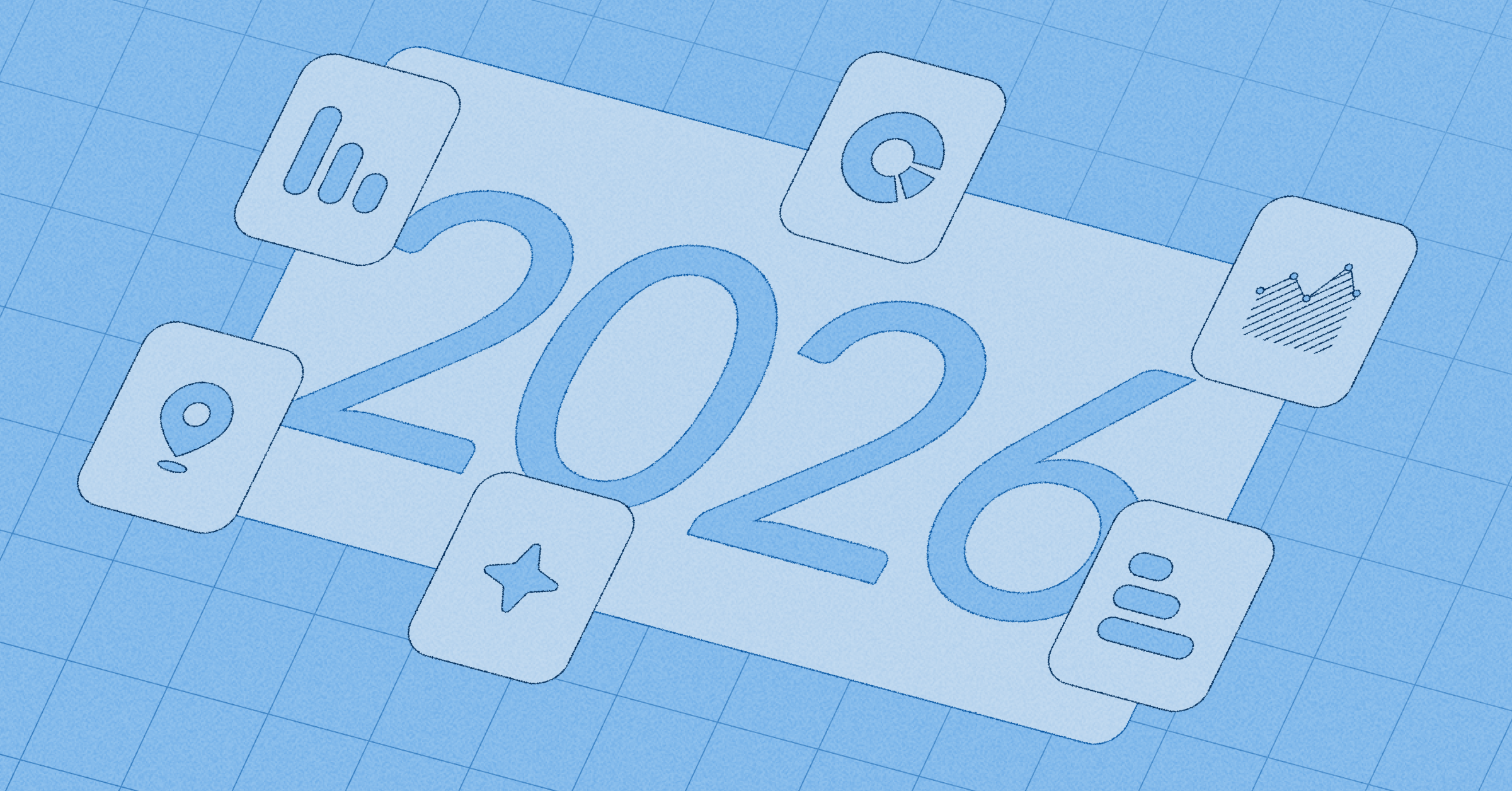‧
4 min read
BI career path: How I became a data lead at AngelList Venture
The Metabase Team
‧ 4 min read
Share this article
From python hackers to “sexiest job of the 21st Century”, working with data has come a long way. Breaking into data today looks different than it did even a few years ago—and the field is showing no signs of slowing down. Data is everywhere and the data scientists and analysts who work with, manage, and translate that information are in high demand at the world’s most innovative companies.
Brandon Krull, Data Lead at AngelList Venture is a lot like many other leaders in the data field—he didn’t grow up dreaming of becoming a data scientist—because they didn’t exist yet. He started off as a chemist, interested in becoming a professor. Today, he helps AngelList build teams and software solutions to tackle big data’s challenges and opportunities.
So how did he get there?
From lab chemistry to computational chemistry
“It’s been a few years, but they felt like long years,” Brandon says with a laugh.
Brandon first got into data science while still in grad school. Bored with the slow turnaround times working in wet labs for chemical processes, Brandon began collaborating with another faculty member working in computational chemistry: running simulations using premade code. His work there led him to start building and rebuilding software designed to run chemistry simulations.
The problems Brandon tackled, and the tech he built in support of his graduate work, involved creating data tools and running analyses while the world of data science was still in its infancy. The Python module he built to interface with a legacy Fortran codebase is still in use to this day.
High competition in academics led to a data engineering career
After grad school, steep competition in academia led Brandon to look for additional opportunities. He applied for a number of “data scientist” jobs, but employers were looking for statisticians who could code, rather than coders who understood how to work with data. He was eventually hired for a postdoc position at Berkeley working on machine learning for molecular problems, but still felt unenthusiastic about the world of academia.
It wasn’t until he applied for the Insight Data Engineering Fellowship that his career as a data engineer began in earnest.
Looking back, his experiences improving pre-existing data processes and time spent at the intersection of data creation and data analysis were the “ah-ha” moments that opened his eyes to the field of data engineering. Brandon found rewarding work in empowering data scientists to do faster, more meaningful, and more efficient analyses through better tools and programming.
Bridging the skill gap for a business intelligence career path
And empowering data scientists to do “whatever the hell they want to do,” Brandon says, was how he managed to translate his programming skills into a data science career, which led him down the business intelligence path: working on data engineering problems, building database systems, and developing data management and analysis software.
He also talks about the current gap that exists between data engineers and data analysts. Brandon’s work, unusually, involves data analysis as well as product engineering. “Engineers don’t really care about the analysis, and analysts don’t really care about the platform, so I’m trying to bridge that gap as well.”
Brandon’s advice: Pay attention to the keywords in data engineering entry level roles
Brandon’s career path gives testament to the incredible variety of data-oriented jobs on the market. “The job descriptions all sound the same, but everyone wants something different.”
If you’re looking for a position in Business Intelligence, Brandon encourages you to get super-specific with your keyword searches and look for jobs that play to your unique competencies and passions. Data science is still a young field and what companies need is constantly changing. So it’s worth taking the extra time to find a job that offers something you’re excited about doing.
Learn by doing — how you can get started in data science
“Go do sh*t.”
There is an “infinity” of open source resources, Brandon says, that can help you get good at tooling and analytics just by giving you a problem to solve. Kaggle, a digital community for data scientists, engineers, and analysts, was particularly useful in his early learning experiences in the the field.
Beyond that, Brandon suggests building as much as possible. Don’t worry about something being functional. Look at what other people are doing, get curious, and try to solve problems as best you can, even if they already have answers.
The next frontier of data science
Brandon says that communication is the next big frontier in BI data science. It’s a struggle for analysts to communicate with clients using data alone.
I think the ability to deploy and communicate results from data analyses is an interesting space to watch. That’s how you tell people who don’t care about data why something matters to them.
Metabase at AngelList Venture
If you liked this interview and want to learn more about Brandon, you find him on Twitter or visit his LinkedIn. Or you can read more about how he uses Metabase at AngelList Venture.




